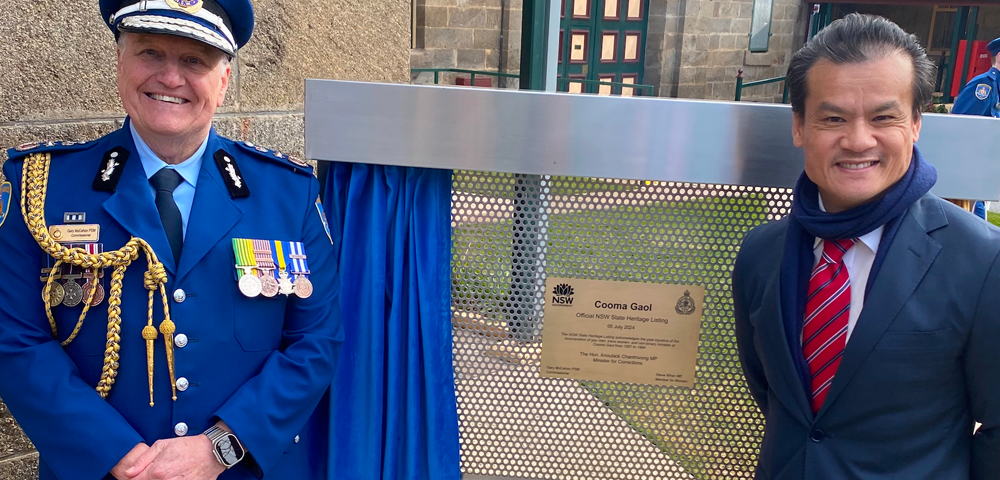
Surging power prices stun residents
BY MELISSA LAHOUD
Energy companies are pulling the plug on Australians who can’t afford to pay their bills on time, leaving welfare groups to step in and assist.
The number of people asking energy companies for bill extensions and facing disconnection has surged over the last year in NSW.
“In recent weeks there appears to be an increase of people contacting EWON, who are in financial difficulty, facing disconnection or have already been,” said Clare Petre, the Energy and Water Ombudsman for NSW.
The latest EWON newsletter shows that the number of disconnection complaints fell from 40 percent to 27 percent last year, but Ms Petre said the numbers are sneaking up again and predicts the next newsletter will show this.
“We think there’s an increasing trend of people who normally manage their bills struggling at the moment, because any significant increase in one area, like petrol, can push them into financial difficulty,” she said.
Utility companies have set up customer support programs and the NSW Department of Water and Energy funds an emergency help scheme through welfare agencies.
Mekomen Lemma, Manager of inner city welfare group, The Station Ltd, has seen the number of people wanting EAPA (Energy Accounts Payment Assistance) vouchers soar in the last year.
“There’s been a total of around 340 people who have asked for assistance, including vouchers this year, last year it was about 180 people,” Mr Lemma said.
This is mirrored by agencies across NSW, who are going through their supply of vouchers faster than usual, because of the growing demand.
“We usually have 100 vouchers per quarter but for the last quarter we were granted 12 booklets, instead of the usual 10,” said Lloyd Neill, Support Worker from the Community Restorative Centre Sydney.
Central West Care used to assist a few people every week, but now serve this number daily, since the need for vouchers has stretched beyond their regulars on welfare and around half their clients are employed.
“Last year it would probably be one working client to five non-working clients, but at the moment there’s a lot more everyday mums and dads coming in,” said Stephanie Stocks, Director of Central West Care.
Central West Care get $6000 worth of vouchers every three months and must ration them because they haven’t been granted extra, but Ms Stocks said the Department is helpful when it comes to unique situations.
The Salvation Army in Hornsby are also given the same amount of vouchers, but demand has risen by around half, compared to figures from 18 months ago.
“About two years ago this [$6000 grant] would have lasted the entire quarter, now it’s lasting us a month to six weeks,” said Maggy Ferago, Community Services Manager.
“No one in government has ever come to me and asked for feedback on statistics, they need to pull their finger out and look at what is really going on instead of sitting remotely and doing nothing.”
But not all welfare groups are critical of energy companies.
“The last thing energy companies want to do is cut people off, Country Energy have a support line and they’re fabulous,” Ms Stocks said.
There are hopes the interest rate cut will help Australians manage their house bills, but because many clients rent, Ms Petre believes they will not benefit from this.
“I’m sure the drop in interest rates will help some people, but not significantly for many people.”









